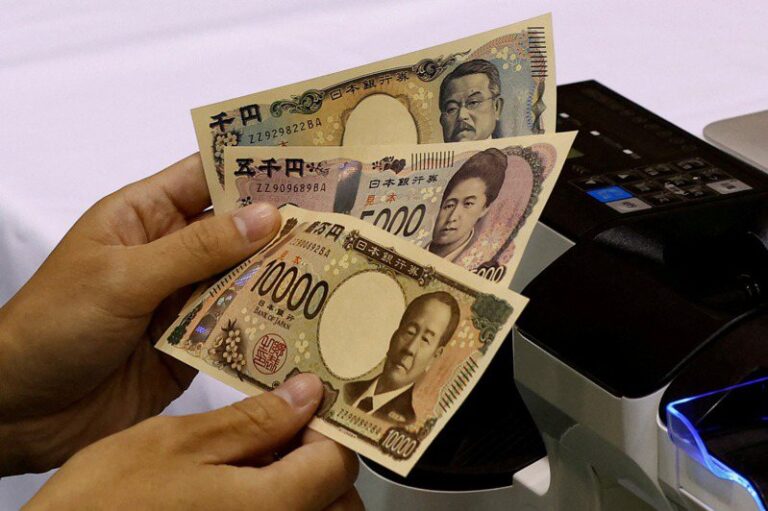
TogetherJapanThe new fiscal year will start on April 1, and the yen may experience a new wave of weakness as the United States will release data on the inflation indicator preferred by the Federal Reserve (Fed) tomorrow (on the 29th), which will support this sentiment. May reinforce that the United States will not cut interest rates in the short term. This is expected to put downward pressure on the yen, and many international markets will be closed tomorrow. Light trading can lead to sharp price fluctuations, and the yen often falls at the beginning of the second half.
The United States will announce the February personal consumption expenditure (PCE) deflator on the 29th. The annual growth rate is expected to be 2.8%, which confirms Fed Governor Waller’s view that there is no rush to cut interest rates. In addition, the 29th is Good Friday, and many international markets are closed and trading is light, which may increase the volatility of the yen against the dollar.
Yoshio Iguchi, managing director of Tokyo Traders Securities Co., reminded to pay attention to unexpected exchange rate fluctuations. “Liquidity in Tokyo is expected to decrease from the 29th. Entering European trading hours, the bid-ask spread will widen, which means arbitrage transactions may increase.” He believes that the Yen could test the 152 price level again as the lack of dynamics increases price fluctuations.
Bank of Japan (Chuo Bank) March Resolutionraise interest ratesMinutes of the meeting show that policymakers believe that while eliminating negative interest rates, they should also emphasize a cautious stance. President Kazuo Ueda and other officials support a slow increase in interest rates. Even hawkish official Naoki Tamura believes the monetary normalization process should be a cautious one. While stabilizing and strengthening the stance of gradually raising interest rates, a Finance Ministry official attending the meeting also expressed hope that monetary policy will remain loose, citing weak consumer spending and overseas economic risks.
The contents of the minutes of this meeting may continue to put pressure on the yen exchange rate. There was not much change in the yen against the US dollar on the 28th, at 151.34 yen per US dollar.
Additionally, many traders will be preparing for the Japanese New Year as it begins on April 1.investThe drawdown of overseas Japanese accounts usually causes the yen to weaken. Bloomberg Intelligence analysts reported that over the past 20 years, the yen has generally weakened against the US dollar since April 1.
For Japanese stocks, since the US stock market will be closed on the 29th, Japanese stocks will lack guidance on the performance of US stocks on April 1 and will be vulnerable to profit-taking selling pressure. In particular, Japanese stocks have risen 20% this year, leading investors to worry that the rise has gone too far. Moreover, as Japanese investors are also adjusting to the new situation after the central bank raised interest rates at the beginning of the new year, risk appetite has increased.
Toyo Securities strategist Ryuta Otsuka pointed out that the banking industry often sells stocks in April to make profits, so it is not very optimistic about the performance of Japanese stocks at the beginning of the new year. “The Nikkei 225 index is in the 40,000-point range. Towards 41,000 again, there could be considerable selling pressure.” On the other hand, Daiwa Securities quantitative analyst Junichi Hashimoto pointed out that the adjustment of the Nikkei 225 index on the last trading day of March may cause fluctuations in some stocks.
finance(tagstotranslate)japan